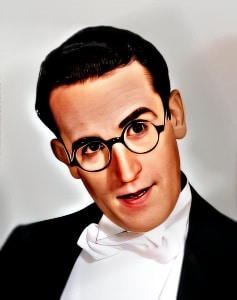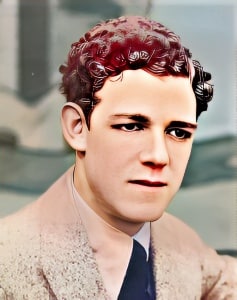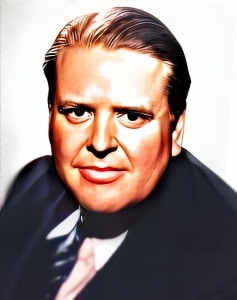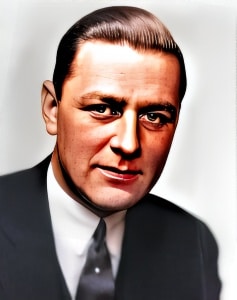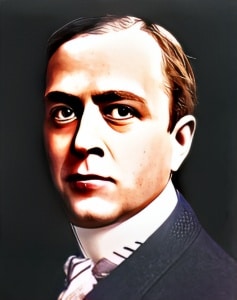 Robert Edeson was a prominent American actor in the early years of the film industry, known for his versatility and strong stage presence.
Robert Edeson was a prominent American actor in the early years of the film industry, known for his versatility and strong stage presence.
Born on June 3, 1868, in New Orleans, Louisiana, Edeson’s career spanned both the silent and early sound film eras, as well as the world of theater.
Edeson’s journey into acting began in the late 19th century when he appeared on stage, earning acclaim for his performances in various theatrical productions. His ability to command the stage with his compelling presence and distinctive voice quickly made him a sought-after actor in the theater world. His success on the stage eventually led him to explore the emerging medium of silent cinema.
One of the notable films that showcased Robert Edeson’s acting talents was “ The Prisoner of Zenda” (1922). In this adaptation of Anthony Hope’s novel, Edeson portrayed Colonel Zapt, a loyal military officer who becomes a key figure in the story’s intricate political plot. His portrayal of the honorable and dignified Colonel Zapt added depth and gravitas to the film, complementing the lead character’s journey.
Edeson’s ability to seamlessly transition from stage to screen was a testament to his acting skills. In the early days of cinema, actors faced the challenge of conveying emotions and stories primarily through physical gestures and facial expressions, a task at which Edeson excelled. His portrayal of complex characters and his dedication to his craft earned him recognition and respect in the burgeoning film industry.
Beyond “ The Prisoner of Zenda,” Robert Edeson appeared in numerous other silent films, contributing to the cinematic landscape of the era. He played a wide range of characters, from sympathetic heroes to intriguing villains, showcasing his versatility as an actor. Some of his notable film credits include “The Climbers” (1915) and “The Silver King” (1919).
As the film industry transitioned to sound, Edeson continued to work in the evolving medium, demonstrating his adaptability. His extensive experience in the theater and silent films served as a strong foundation for his work in early sound cinema. His distinctive voice and stage-trained delivery made him a valuable asset to the industry during this period.
Robert Edeson’s contributions to both silent and early sound cinema left a lasting legacy. His performances on screen and on stage exemplified the art of acting during a transformative era in entertainment history. His dedication to his craft and his ability to bring diverse characters to life continue to be celebrated by film enthusiasts.
In conclusion, Robert Edeson was a versatile and accomplished actor in the early years of American cinema. His successful transition from the theater to silent films, along with his ability to adapt to the challenges of early sound cinema, demonstrated his remarkable acting skills. His portrayal of Colonel Zapt in “ The Prisoner of Zenda” and other diverse characters remains a testament to his talent and enduring impact on the film industry. Robert Edeson’s contributions to the world of entertainment are a vital part of the rich history of early Hollywood.

